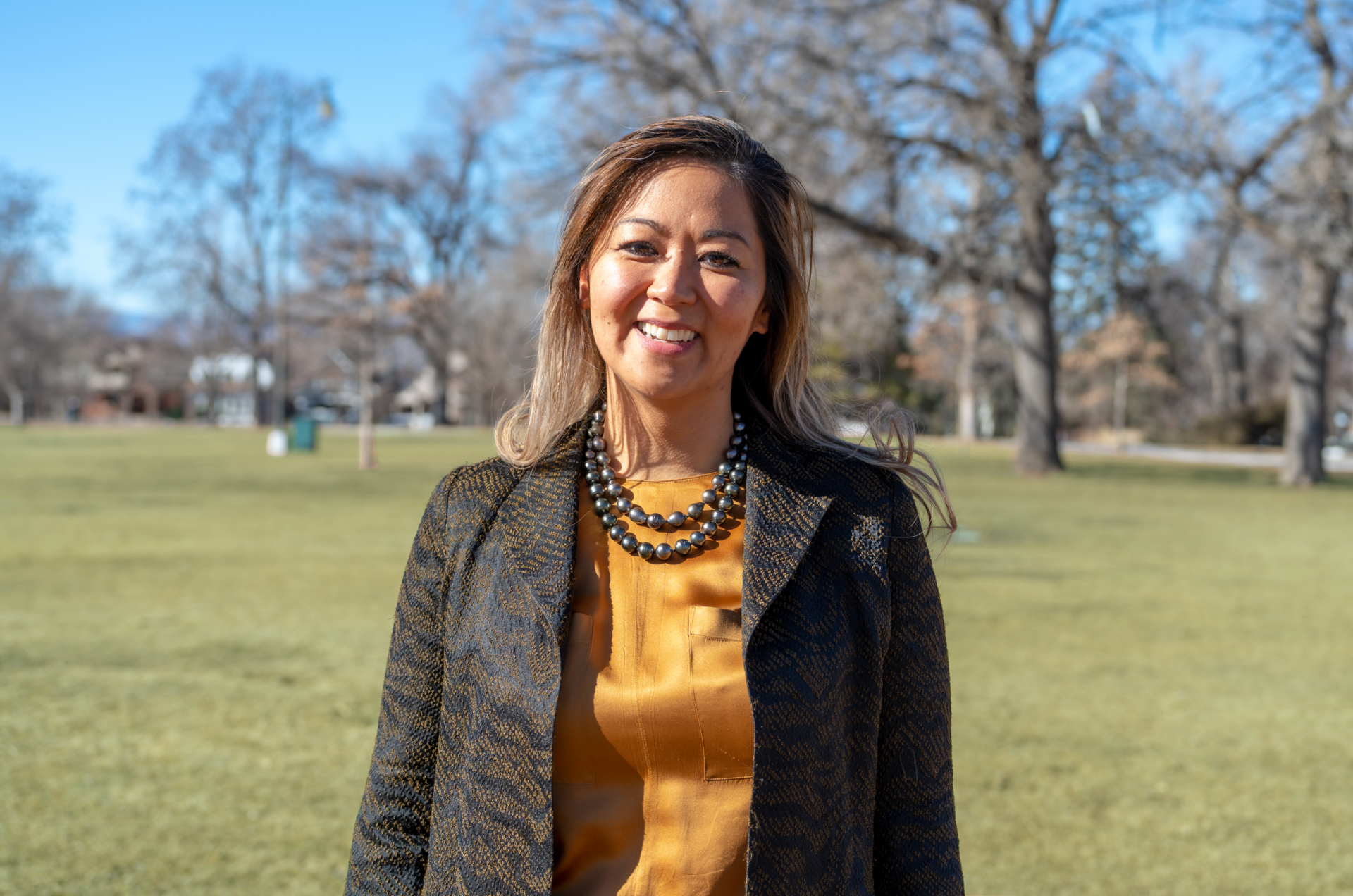The vocabulary and approach of CISU: Meet Ruthie Kai, implementation scientist

Implementation Scientist Ruthie Kai started with the newly formed Colorado Implementation Science Unit (CISU) in January of 2023. Ruthie joined with a background in public health, having previously managed the Covid response in suburban Galveston County in Texas. Now she is taking a new approach to working with communities that involves asking questions, actively listening and co-designing plans with community input.
“It is CISU’s approach to change the narrative around implementation to make it a positive experience for those we work with. It is important to us to foster positive relationships, listen to what partners need, and to ensure we are capturing community voice and the context in which the program is being implemented,” Ruthie explained.
When discussing her role as an implementation scientist, Ruthie expounded on how she uses her strengths of connectedness, achiever, activator and developer to co-design plans and support the needs of each program she works with. One of Ruthie’s first projects with CISU was working closely with the state’s Kinship Care Program Administrator, Jeannie Berzinskas, to develop an implementation process map, readiness checklists, and timeline worksheet for counties. These tools help counties assess whether they are ready to implement a kinship navigator program. Now they are working together on fidelity monitoring to ensure each kinship navigator program is being implemented in accordance with the researched program model.
“This phase can sometimes invoke fear, but it is really intended to tell us if a program site needs support implementing to align more closely to the program model. We work to “flip the script” from fear to support, because if a program site is struggling it may mean they need more support. When this happens, we work together to fulfill their needs,” said Ruthie as she enthusiastically described how collaboration and listening is used to problem solve.
Another very important vocabulary word in the CISU dictionary is process mapping. This is when we map out activities and decisions that need to be made, as well as outlining each partners’ role and responsibilities. Ruthie is currently working with the Division of Child Welfare’s Youth Services Team and the Department of Local Affairs (DOLA) to co-design a process map for the Colorado Fostering Success Vouchering Program. In order to create the process map, Ruthie researched other programs across the nation using housing vouchers to find out why those programs are successful. Now, she is working with these teams to create tools for measuring a person’s risk of experiencing homelessness.
“Process mapping helps you figure out what you don’t know. Creating a process map helps you understand what obstacles you need to address before you start a program so you aren’t guessing and figuring it out as you go along,” said Ruthie.
Another important tool in the CISU tool box is the logic model. A logic model is a document that outlines all of the necessary inputs, activities, and outcomes that comprise a program. It depicts how a program’s success will be achieved and measured, all on one page. And they can take a huge, multifaceted program, and summarize it using six boxes. Creating logic models is one way that CISU helps partners tackle complex projects, making them feel more doable and less daunting.
One recent example of Ruthie putting this tool into action is with the Fostering Opportunities Program. This program, which focuses on building supportive relationships for students experiencing out-of-home placement during middle school and high school, has been proven to improve educational outcomes. CDHS and the Colorado Evaluation and Action Lab, housed at the University of Denver, talked to education specialists implementing the program to engage them in the process of sharing the outcomes of their work to create the logic model for the program.
Ruthie used this example and many others to share the importance of getting community input before, during and after program implementation.
More Posts







